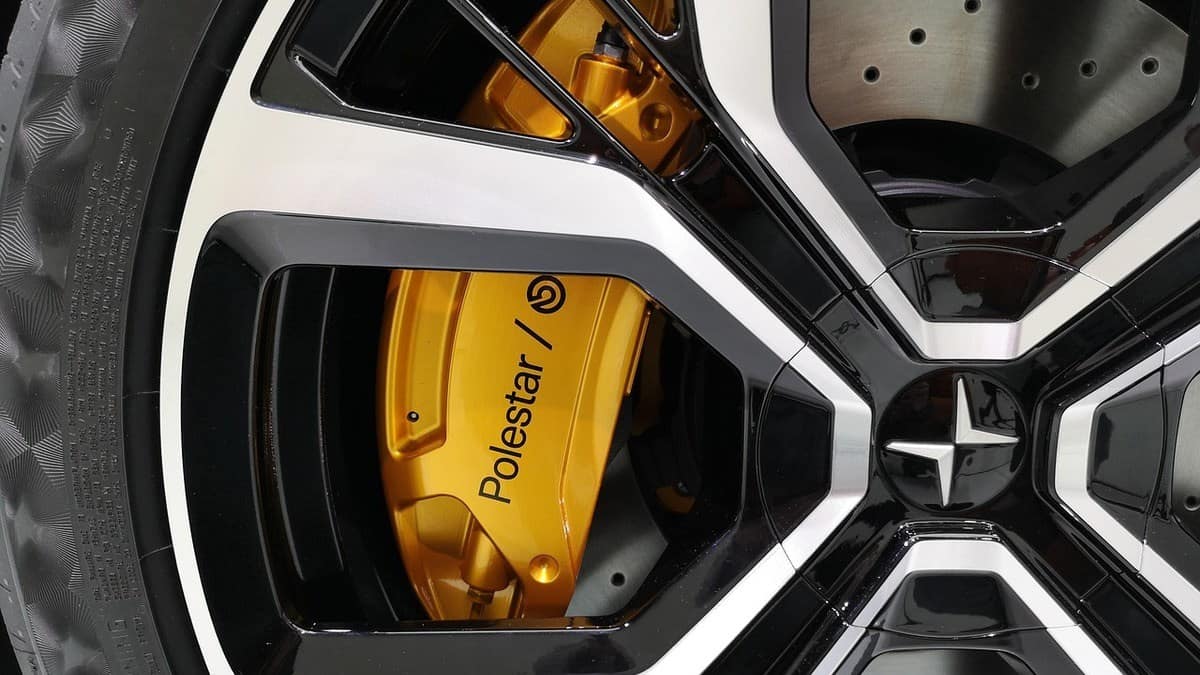Transitioning from gasoline-powered cars to electric vehicles offers a new driving experience. You can find differences in how they are powered up to function, running costs, maintenance, and tires.
EVs need stronger tires
Though EVs may seem the same as classic cars externally, electric vehicles vary. For instance, its weight.
“Emissions have lowered through an electric vehicle, but because of the requirement for a larger, big battery, there is more wear on electric vehicle tires. The pressure of the increased load means a usual tire on an electric vehicle won’t last as long or stand up to the requests of the vehicle while on the road.”
Auto Exhausts & Tyres
Consumer Reports’ tire program leader also explained how EVs’ weight influences the tire design.
“EVs are heavier vehicles, and the tire industry is beginning to adjust to these weight increases. There’s a new load range of tires called HL, which stands for high-load capacity tires. These tires can move heavier at the same tire pressure as traditional tires.”
Ryan Pszczolkowski, Consumer Reports’ tire program leader
EV-specific tires are optimized to minimize grip and reduce wear. Rolling resistance is when a tire rotates, directly affecting a vehicle’s range.
Recently, Tire Track tested the Tesla Model 3 Long Range’s standard Continental and Michelin tires and compared them with aftermarket options from the same producers. They discovered that the OEM tire is typically better than any equivalent aftermarket tire in some high-performance cars with tires made specifically for them.
EV tires vs. conventional car tires
In addition, load range indicates the load a specific tire can carry. The most friendly alternatives in the US are cargo ranges C, D, and E for consumer vehicles. However, according to Review Geek, there’s a new load range of tires called HL, which stands for “high-load” capacity.
See Also:
- Tire Track tested and compared OEM EV tires with aftermarket alternatives
- EVs and its Big Tire Conundrum
Finally, some EVs may have unique tire requirements due to their drivetrain design or other factors. It’s essential to check the vehicle’s owner’s manual or consult a professional mechanic or tire dealer to ensure the selected tires are appropriate for the car.
Auto Exhausts & Tyres also noted how electric vehicle tires differ from conventional tires:
| Electric Vehicle Tires | Conventional Tires |
| They are more expensive. EV tires are specifically designed and made to withstand the weight and instant torque of the vehicle. | Wear 30% quicker than EV tires. Conventional tires wear faster than specifically designed tires for electric vehicles. |
| They last longer. They are more durable. Due to its EV’s weight, vehicles need tires that can safely accommodate this. | They’re louder. When it is placed on an EV, it is difficult to cope with the extra weight and instant torque, resulting in increased pressure which makes them louder. |
| They’re quiet. They remain quiet, even during transit. | Less outside noise will be heard. It will dull out sounds from the outside. |
| More outside noise will be heard. To be able to hear what’s going on around you, and make you more alert and aware. | They’re cheaper than EV tires. As they are not specifically designed for EVs, they are designed and manufactured as standard. |

